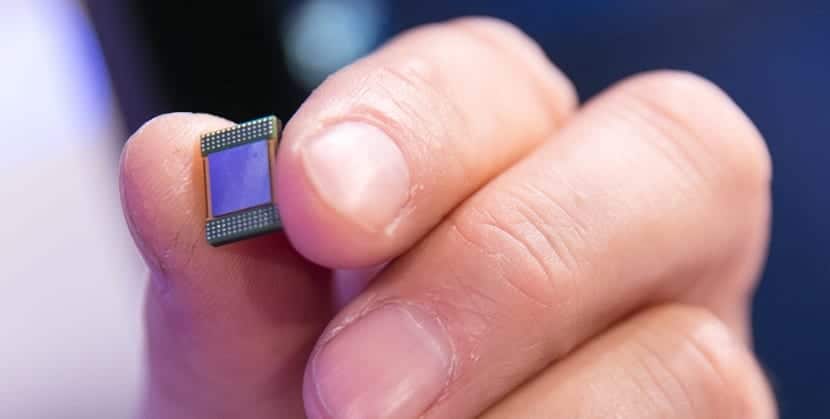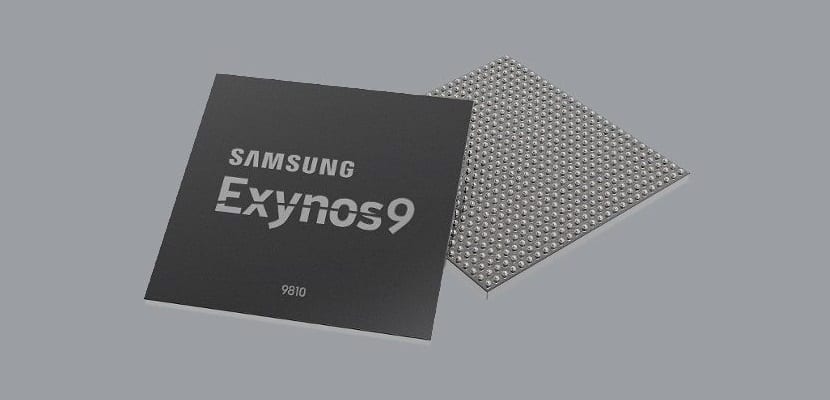
Nobody is taken by surprise if we talk about the war that practically all companies have today that are dedicated almost exclusively to the development and production of new processors. Many of them, as can be Samsung are literally one step ahead thanks to the fact that they already dominate manufacturing processes that for others, such as Intel, are excessively complicated.
Even so, the truth is that we are talking about a very wide market and above all capable of offering literally huge benefits, something that makes all kinds of companies want to enter despite the fact that access barriers are much more powerful than we can get to imagine. Because of this, perhaps, is why in this market it seems that only a handful of companies are still alive, multinationals that respond to such famous names as Samsung, Intel, TSMC or GlobalFoundries.
Samsung and ARM promise 7 nanometer processors capable of breaking the 3 GHz barrier
Far from all this, the truth is that in the next generation of smartphone it seems that the use of processors manufactured in 7 nanometers, something that will bring great advantages for users since this process will allow that, in the same size, many more transistors can be included, which will increase the calculation power while reducing energy consumption and even the heat generated during the operation of the same.
Due precisely to the fact that the use of processors manufactured in 7 nanometers is something that will be imposed on the market in the next generation of high-end smartphones, it is necessary to make a difference in some of its characteristics and it is at this point precisely where the collaboration that Samsung and ARM have had for a long time as both companies have announced that their chips will be capable of reaching, and later even exceeding, 3 GHz of their high-performance ARM Cortex-A76 cores.
As a detail, tell you that this collaboration will finally translate into the arrival on the market of a processor that will foreseeably be in charge of replacing the Snapdragon 845 or Exynos 9810 generationally. As a detail, tell you that, in terms of brute force, currently the record is held by Samsung's Exynos processor thanks to its 2 GHz.

Samsung will begin manufacturing its 7-nanometer processors this year
Going into a little more detail, as has been revealed, the great fault of this increase in the speed of the processors is due to the benefits achieved by the Artisan Physical IP platform developed by ARM whose advantages will be applied at first in the 7 nanometer of Samsung to, later, reach the 5 nanometer processes.
If we look at the dates, as developed by Samsung, the company will begin to manufacture its chips in 7 nanometers during the second half of 2018 While, to start with the manufacture of the expected generation of extreme ultraviolet lithography, we will have to wait until next year since, although everyone expected it to start this year, the truth is that a increased costs, which has incurred a greater investment.
Personally, I must confess that I am quite struck by how Samsung, together with ARM, have managed to put aside all their differences to collaborate and become a benchmark within this chaotic and competitive market sector while others, such as the Once almighty Intel, it seems that evolving and adapting costs them more than expected. Not surprisingly, while Samsung and ARM talk about 5-nanometer processors, Intel has not yet begun to distribute 10-nanometer processors, today they are years behind, something that has already made them lose the lead in factories. As a point in favor of Intel, comment that the difficulty between manufacturing processors for mobile phones and for desktop computers is not the same although, today, many experts consider that this distance is already excessive.
